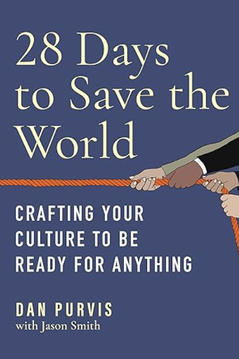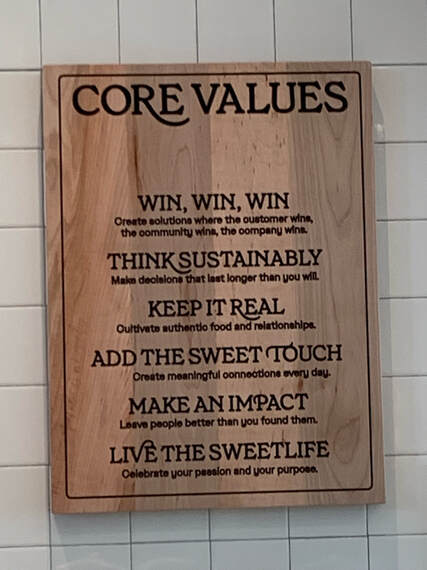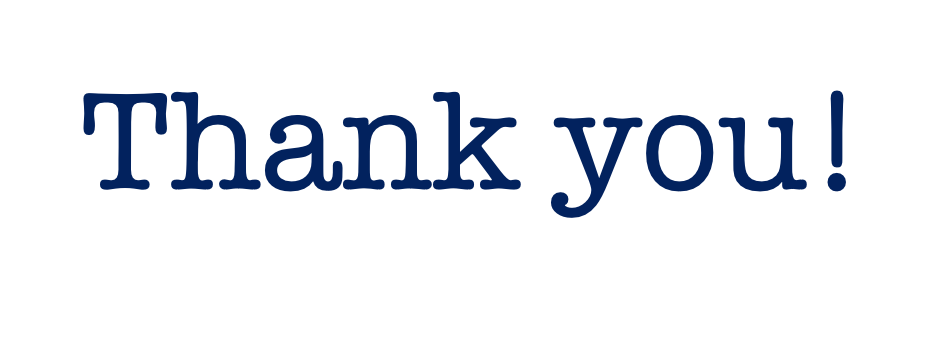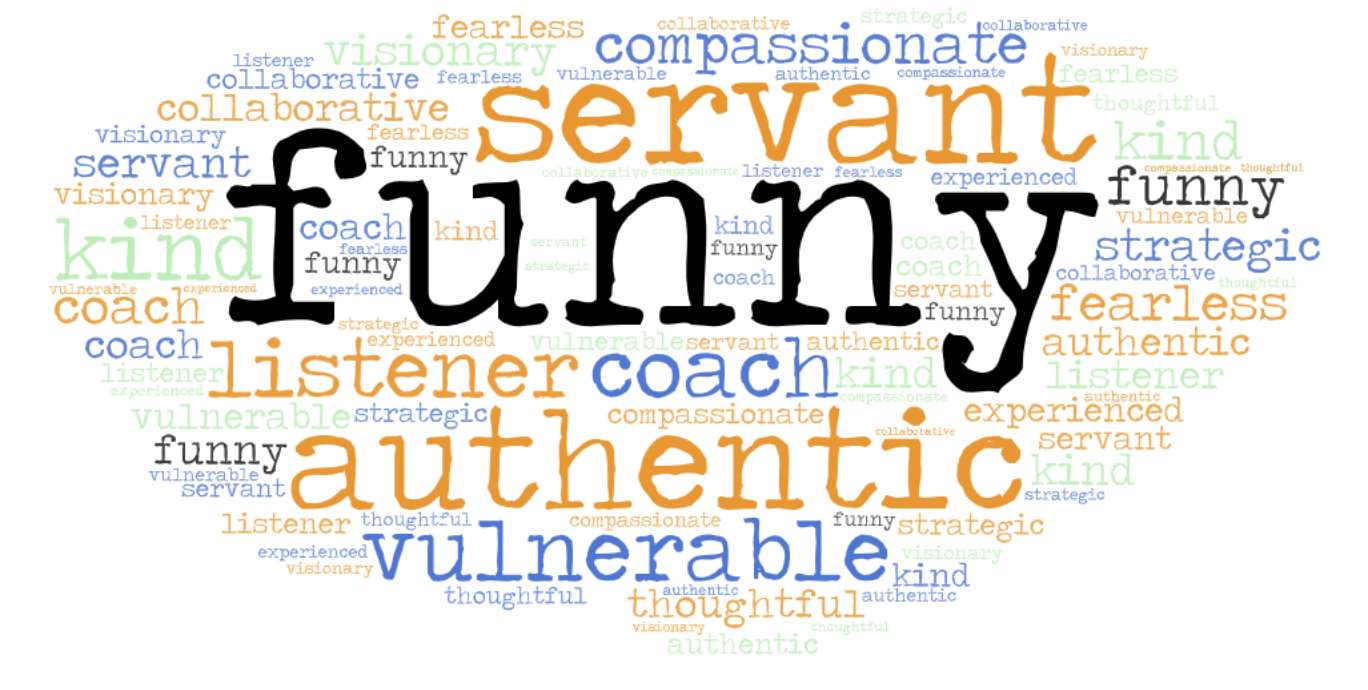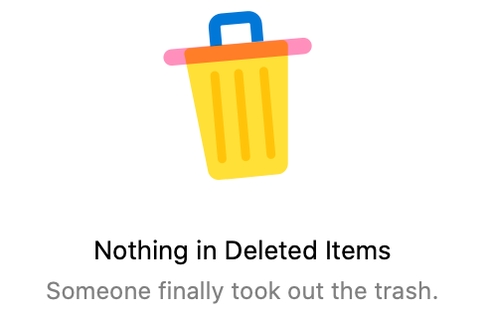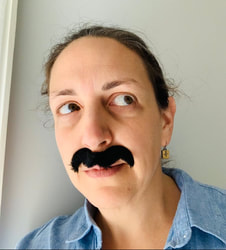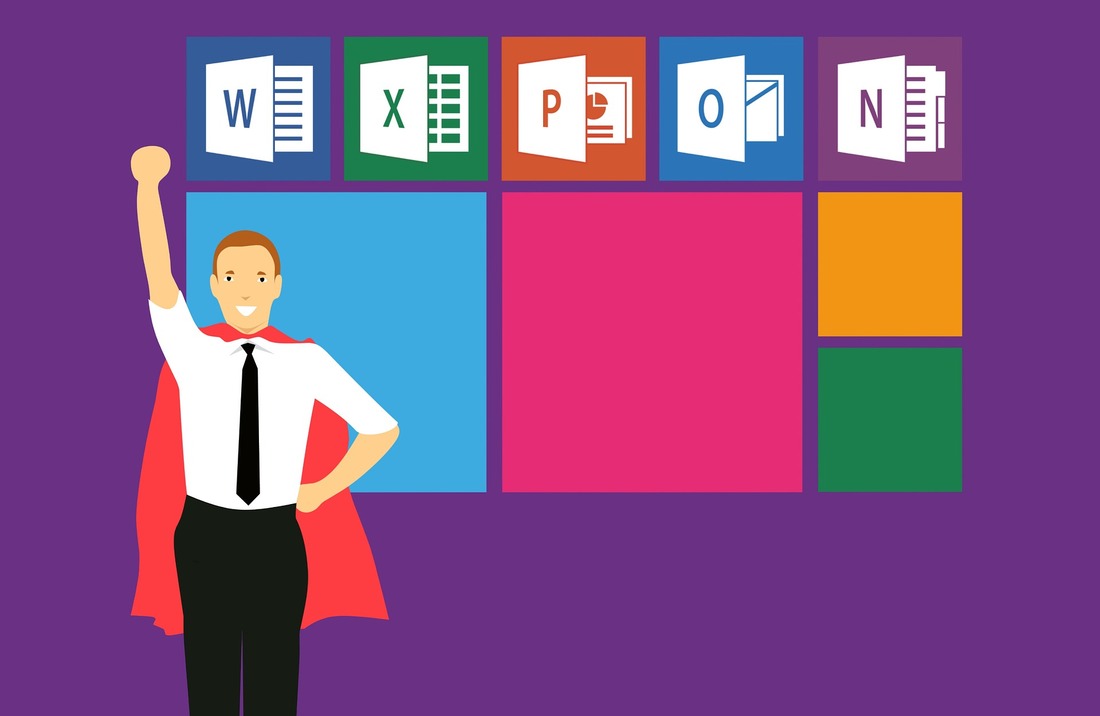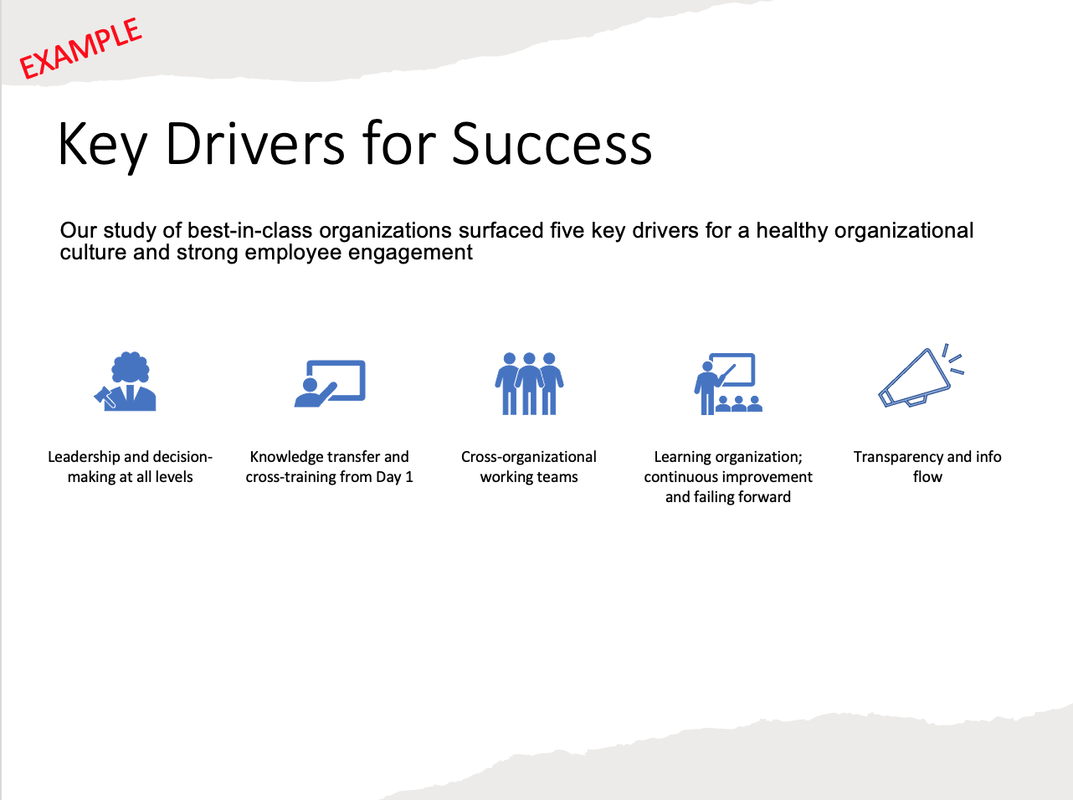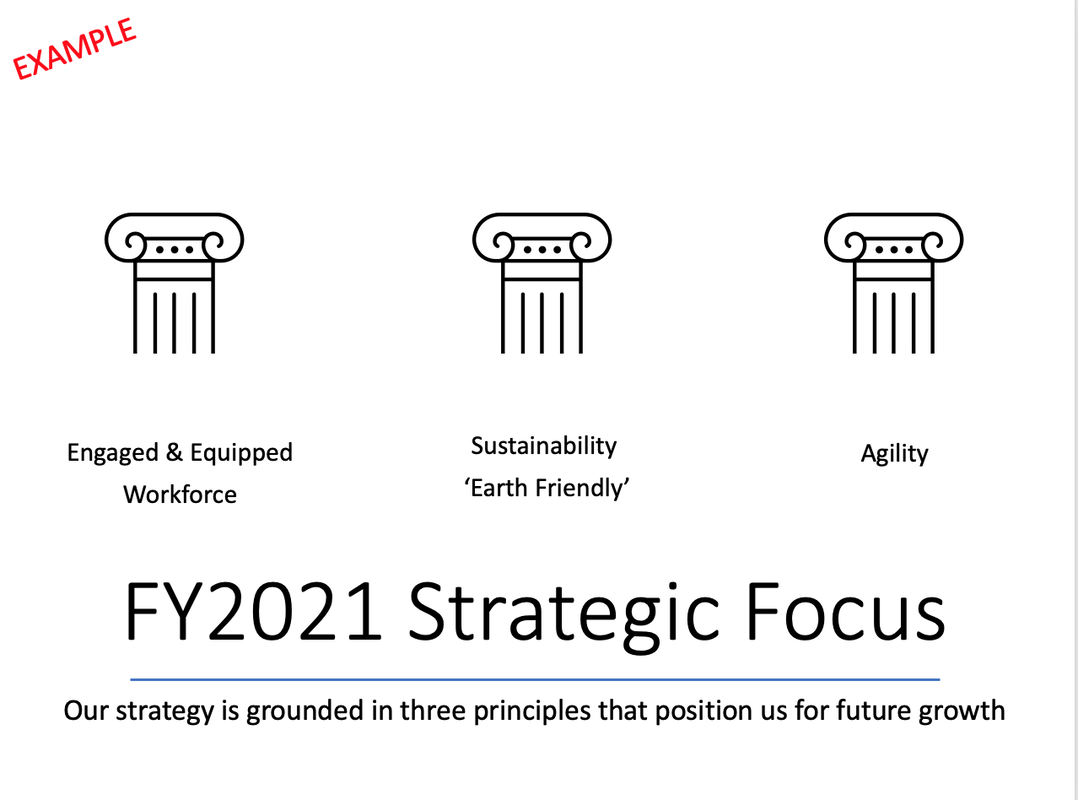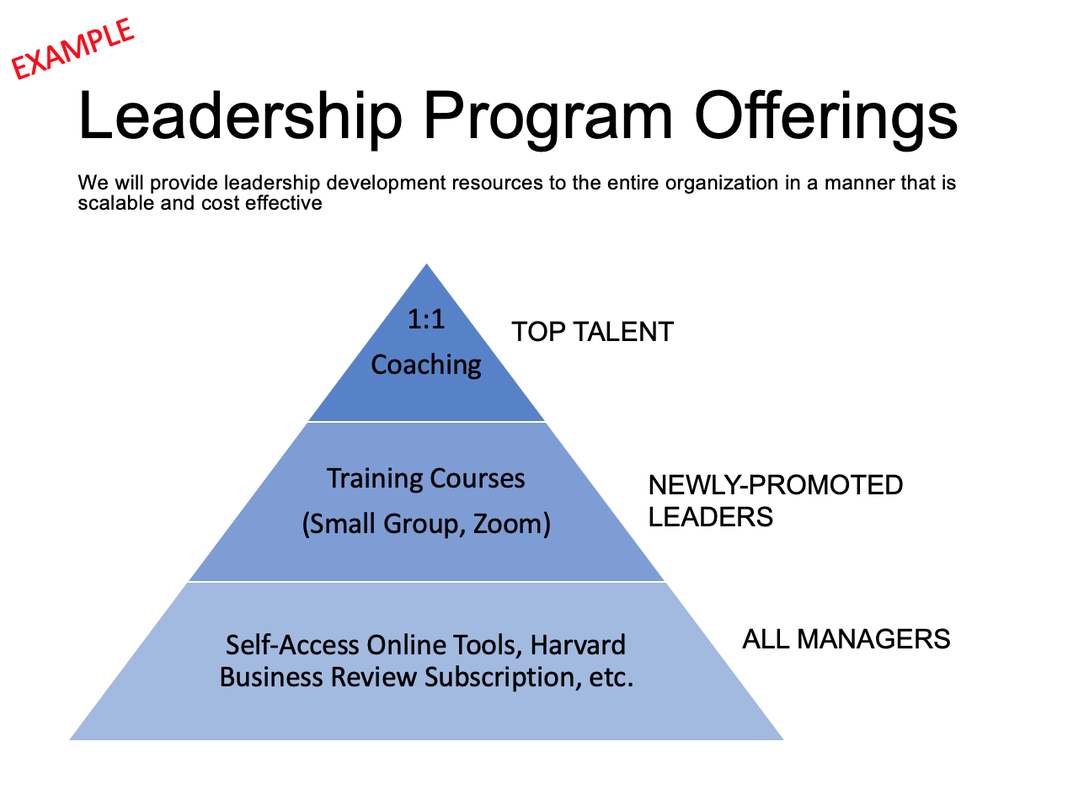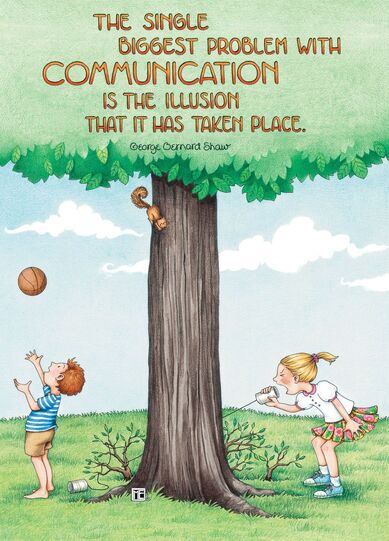Sam: “I don’t have to be the one to decide everything.”
Dan: “My two favorite words are, ‘You decide.’”
Both Sam and Dan had the exact same intent: to empower their people. They wanted to set expectations for decision-making authority, delegation, etc., all that good stuff. I believe both were sincere. And I’ll bet you can guess who had more success winning over their audience.
As a communications consultant, I spend my days thinking about messaging. I listen for examples like these to help the leaders I write for get better at connecting with their audiences. It’s not rocket science, no. But there is some neuroscience to it. How thoughts are packaged and “framed” has a huge impact on how the messages are received.
What do I mean by “framed?” A linguistic frame is a guide. It directs you where to look and helps you interpret, or make sense, of information. Every message is presented through a frame of some sort.
While Sam and Dan were expressing essentially the same thought, the choice of framing was quite different. Let’s look at each…
Sam: “I don’t have to be the one to decide everything.”
Sam’s frame of “things Sam does not do” is a do-not-disturb sign. Sam is too busy and too important to be bothered with this list of things… “I don’t” is language that pushes back. It sets Sam apart from the others. Since Sam is the boss, it reinforces the hierarchy. It is the opposite of a move bring a group together and be collaborative and empowering. It’s even a little whiny, petulant. What Sam was thinking is, “People, step up!”
(I don’t know about you, but I don’t do my best work when someone is yelling at me to ‘step up.’)
Dan: “My two favorite words are, ‘You decide.’”
Meanwhile Dan is delightful and empowering. Dan is a leader who has “favorite words” at work. Imagine! A positive frame like “list of favorite things” sets the tone for a culture of fun at work. And using “you” is one of those Sales 101 lessons—the most important word to use when you want to build a relationship is “you.” It’s a contagion of inclusion. What Dan is thinking is, “Woo hoo! They can do it!”
Okay so I exaggerated the details for dramatic effect, but the quotes are real. And no, I won’t tell you Sam’s true identity, but I will tell you who Dan is. It’s Dan Purvis, and with Jason Smith, he wrote an awesome leadership book called 28 Days to Save the World. If you like the sound of a leader whose favorite words are, “You decide,” I encourage you to read it.
What fun things are you hearing in meetings these days?
Article was originally posted to LinkedIn by Sonia Checchia on 1/25/2024
